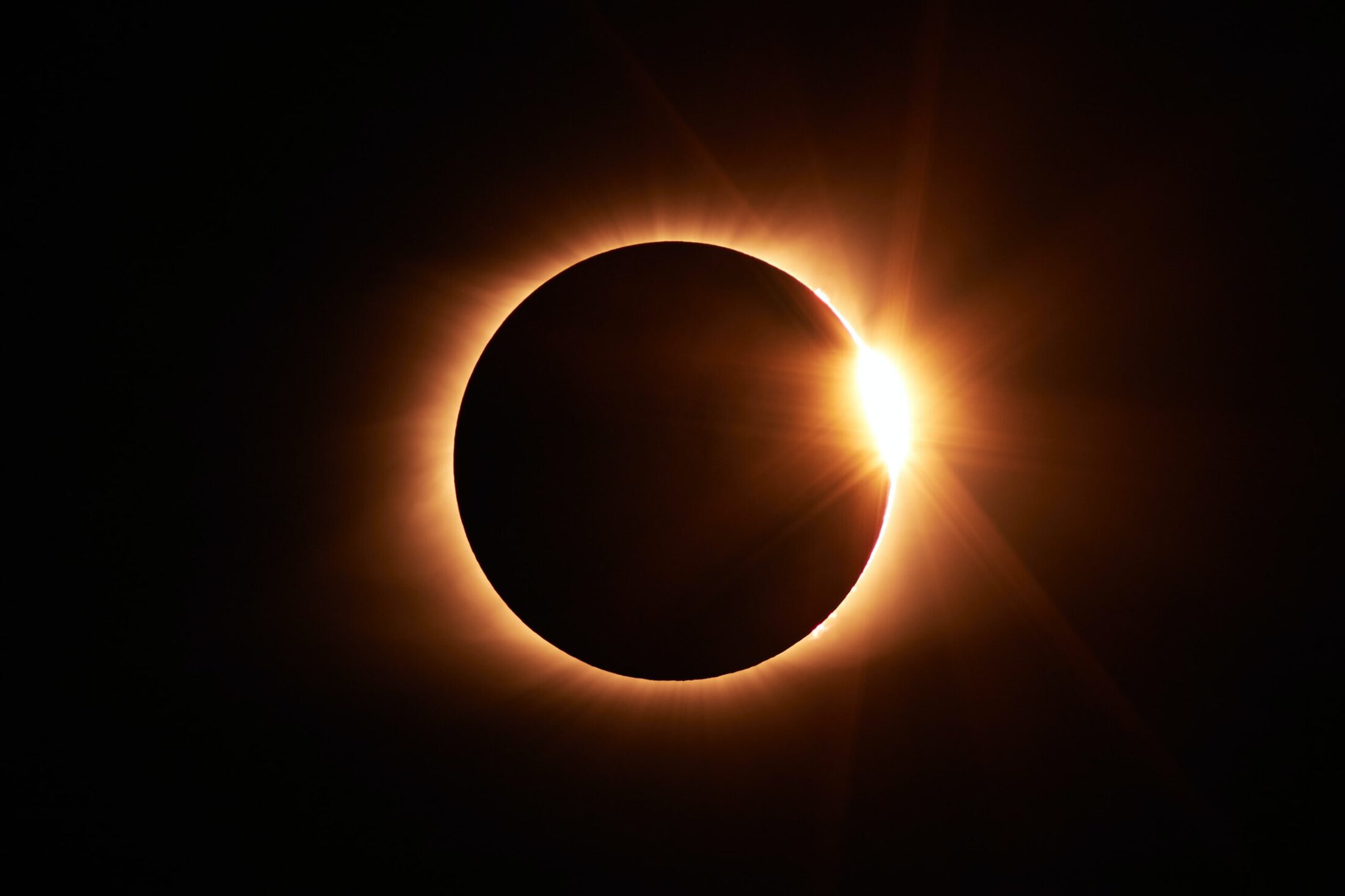Egypt will witness one of the longest eclipses in the 21st century. This eclipse will last for six minutes and 23 seconds, making it the longest one for the next 87 years. These rare events only happen every one to three years somewhere in the world, and not everyone gets to see them. Many people travel specifically to watch these awe-inspiring spectacles.
Impact on Egypt’s Tourism
In 2024, the United States saw a massive surge in tourism and spending during its solar eclipse, with people flocking from all over the world to witness the phenomenon. The country experienced a 71 percent increase in sales compared to what would have occurred without the eclipse.
Egypt is expecting a similar boost as worldwide travelers plan their trips to see the eclipse. The path of totality, where the eclipse can be seen in its full glory, will pass directly over Luxor, an ancient city rich in history and archaeological treasures.
Why Luxor is an Ideal Spot
Luxor is known as the capital city of ancient Egypt, once called Thebes, and it is considered the world’s greatest open-air museum as it boasts some of Egypt’s most impressive temples and monuments. As a small city, visitors can easily get around by either taxi or horse-drawn carriage, which are plentiful throughout the city.
Visitors can also plan to take a Nile cruise that passes through Luxor and Aswan, offering an unmatched experience.
Many travel agencies have already planned tours with hotel accommodations in spectacular hotels and Nile cruises, which in themselves are popular experiences regardless of the total solar eclipse. The eclipse adds to the unique experience that is to be had.
Other Viewing Locations
The eclipse will also pass over Siwa Oasis and Asyut. While Asyut may not be the ideal spot for visitors coming from abroad, Siwa Oasis offers a unique and serene experience. Known for its clear skies, Shali fortress, and salt pools , Siwa is considered an equally advantageous location to view the eclipse, promising an unforgettable experience.







Comments (0)